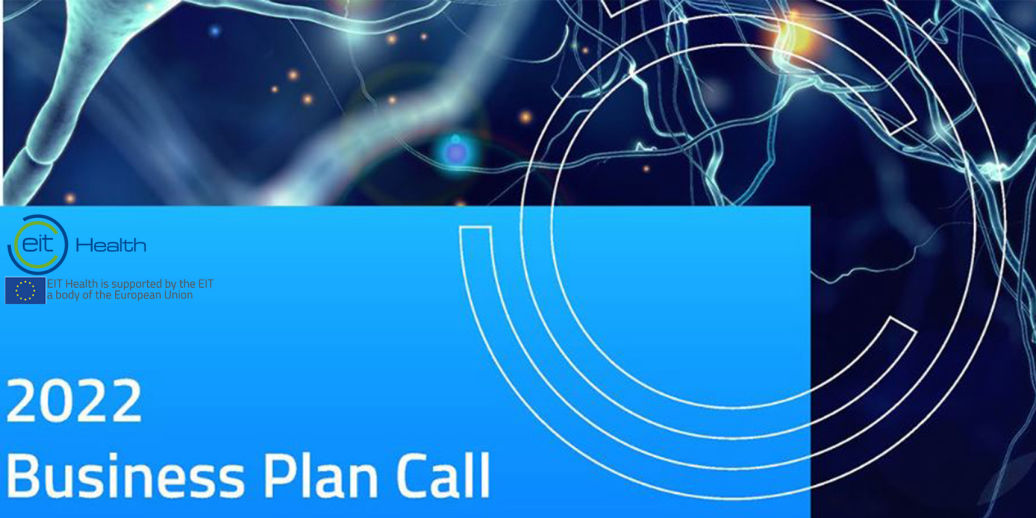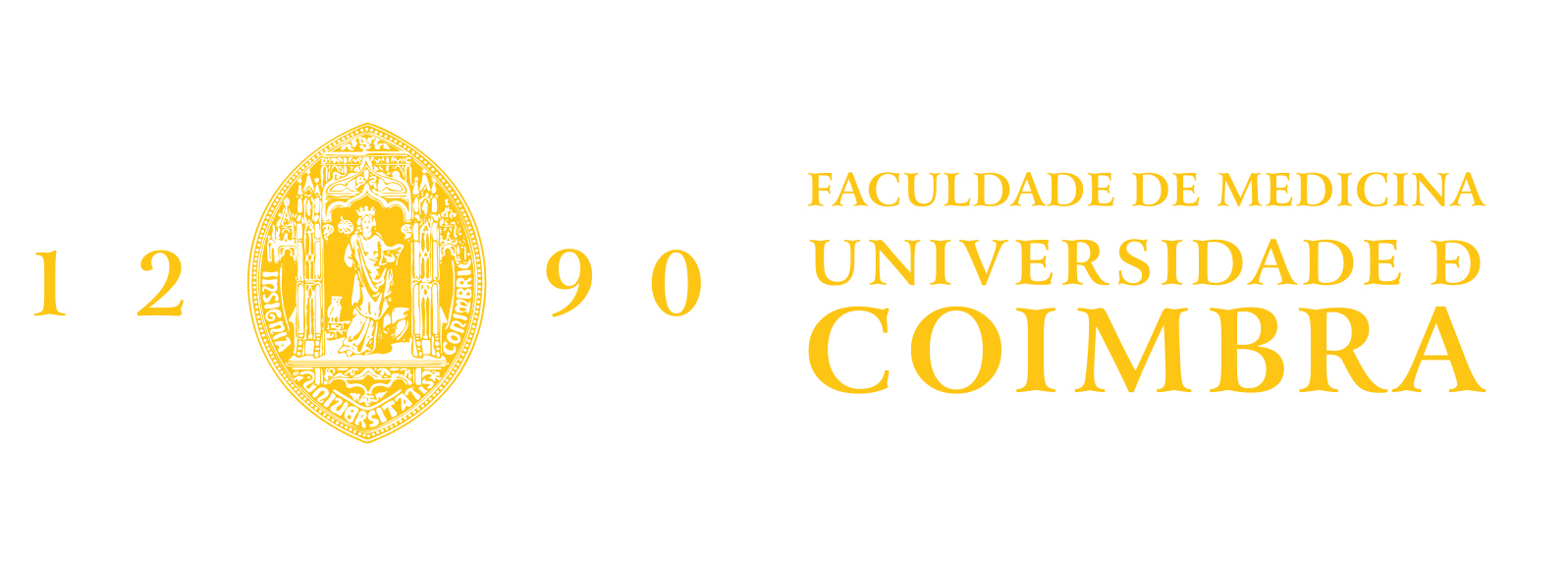Caros colegas,
Este início de ano não foi o que todos desejaríamos, pelas razões (e números) que sobejamente conhecemos, o que acentua a convicção de que vamos continuar a ter pela frente períodos difíceis, para os quais a nossa determinação individual e coletiva serão fundamentais. Este pressuposto aplica-se inequivocamente à investigação científica, cuja competitividade vai progressivamente aumentando. Neste contexto, é fundamental continuar a ter boas ideias e porfiar na procura de financiamento.
Vai decorrer até 10 de março o concurso promovido pela FCT para projetos de IC&DT em todos os domínios científicos. Uma vez mais, o GGI posiciona-se como elemento facilitador para as candidaturas dos colaboradores da FMUC. Faremos seminários dedicados a explorar o formulário e as diferentes tipologias de projetos, bem como para esclarecimento de dúvidas sobre as novas regras e particularidades deste concurso. Esta é mais uma oportunidade, mas não deve ser a única aposta, nem tão pouco a principal. Todos estamos bem cientes que o financiamento nacional é reduzido e precisamos de juntar os nossos esforços, formando equipas e projetos mais robustos. Só assim conseguiremos concorrer com maior frequência, e sobretudo com mais qualidade, a nível internacional, onde a competitividade é muito elevada, mas os montantes envolvidos são também substancialmente superiores e as oportunidades bem mais diversificadas. A este respeito, começámos bem o ano, tendo o GGI prestado apoio a nove expressões de interesse para a Call do EIT Health para o Business Plan 2022. É um sinal de vivacidade e tenacidade que nos deve animar e inspirar.
Reservo para o fim o melhor, expressando a enorme satisfação de termos começado o ano com excelentes notícias sobre os recursos humanos do Gabinete. Com efeito, vimos consumada a contratação de uma das nossas colaboradoras e estamos convictos de que o outro processo está igualmente bem encaminhado. Desde sempre dissemos que um dos maiores desafios, e objetivos, do GGI no curto/médio prazo seria o da fixação de uma equipa estável de colaboradores. Estamos hoje mais próximos dessa pretensão, que muito beneficiará o trabalho do Gabinete, a capacidade dos docentes e investigadores da FMUC para concorrer a financiamento e, em última estância, a competitividade da nossa Escola.
Votos de um Novo Ano com saúde e repleto de novos desafios e sucessos pessoais e profissionais!
Be FMUC!
Flávio Reis
Coordenador do GGI

